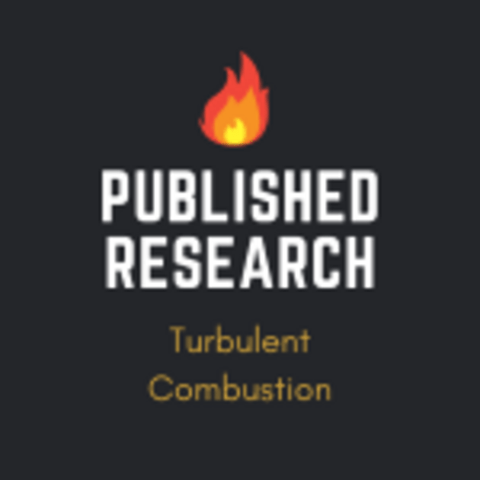
The Turbulent Combustion Modeling Lab research activities focus on the multi-engineering facets of turbulent combustion modeling found in many industrial applications ranging from aero and automotive engines to furnaces to fire safety.
We are interested in developing high fidelity multiscale turbulent fluid flow-combustion simulation tools as well as tackling shorter-term challenging industrial problems.
Our approach is based on Computational Fluid Dynamics (CFD) including Reynold Averaged Navier Stokes (RANS) methods and Large Eddy Simulation (LES). We have been developing and implementing new mathematical models for problems related to turbulent mixing, ignition, extinction, flame stabilization, fuel spray, and atmospheric emissions.
The lab is run by renowned researcher, Cecile Devaud, an award-winning, patent-holding professor, associate chair and turbulent combustion expert who is also a member of University of Waterloo Engineering’s Fire Research Group and the University of Waterloo Institute for Sustainable Energy.
We work closely with our industry and university partners in Canada and globally providing the most suitable solutions and advancing fundamental research in the field of turbulent combustion modeling. If you are interested in sponsoring research please contact us directly.

Figure 1. The lift-off height observed using the tracker of OH mass fraction value of 0.0005 superimposed on the stoichiometric iso-surface of the third flame (Re = 19500)
News
Investigation of conditional source-term estimation coupled with a semi-empirical model for soot predictions in two turbulent flames
The modelling of soot formation is investigated for two turbulent flames, at atmospheric and 3 atm pressure conditions. For the first time, a semi-empirical soot formulation that accounts for soot inception, coagulation, surface growth, and oxidation processes is coupled with the turbulent combustion model, Conditional Source-term Estimation (CSE) using Reynolds-Averaged Navier–Stokes equations.
Simulations of partially premixed turbulent ethanol spray flames using doubly conditional source term estimation (DCSE)
Singly Conditional Source-term Estimation (CSE) is extended to Doubly Conditional Source-term Estimation (DCSE) to simulate three turbulent ethanol spray flames (EtF1, EtF3 and EtF4) for the first time. Reynolds-Averaged Navier Stokes equations are solved with a two-way coupling Eulerian-Lagrangian method to account for the gas-spray interactions.
A priori evaluation of the Double-conditioned Conditional Source-term Estimation model for high-pressure heptane turbulent combustion using DNS data obtained with one-step chemistry
W. Kendal Bushe, Cecile Devaud, Josette R. Bellan

